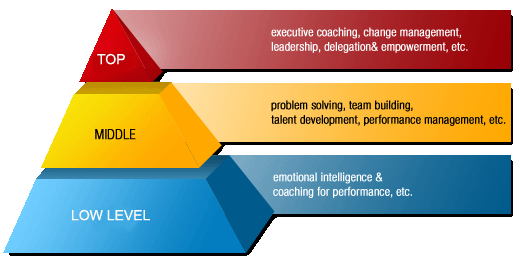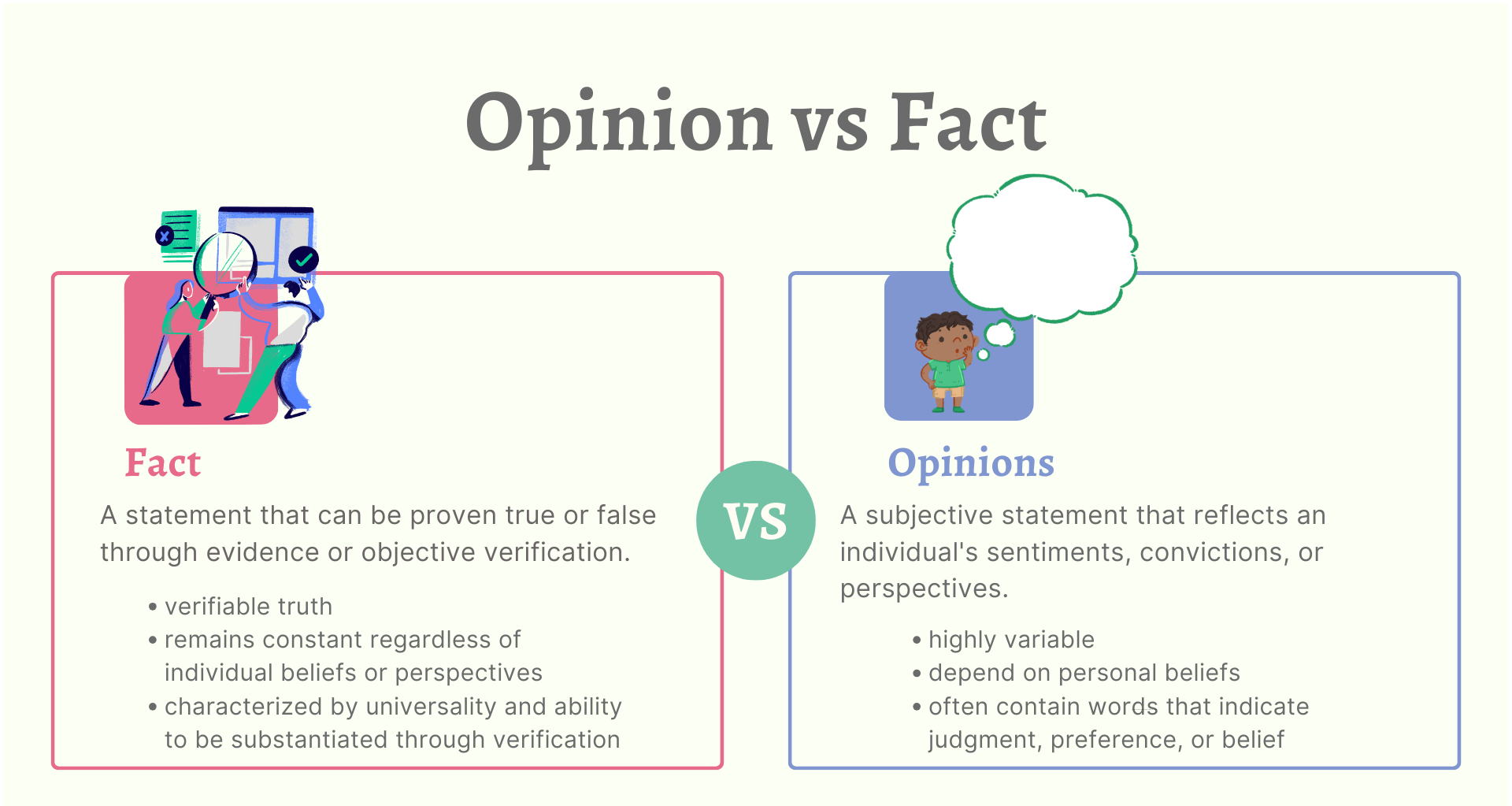Rethinking Middle Management: Their Vital Role In Modern Companies

Table of Contents
The Evolving Role of Middle Management in a Modern Context
Middle management is no longer just about following orders; it's about strategic execution and mentorship. They are the crucial link between executive leadership and frontline employees, ensuring alignment and efficient communication throughout the organization. This requires a shift in mindset and skillset. Modern middle managers need to be agile, adaptable, and skilled in navigating change, embracing new technologies and methodologies to optimize workflows and boost team performance. They are less about directing and more about facilitating, empowering, and coaching their teams.
- Increased focus on employee development and coaching: Effective middle managers invest in their team members' growth through mentoring, training, and providing opportunities for skill development. This leads to increased employee retention and improved performance.
- Data-driven decision-making and performance analysis: Modern middle managers leverage data analytics to track key performance indicators (KPIs), identify areas for improvement, and make informed decisions that support business objectives. This requires strong analytical skills and proficiency in using relevant software and tools.
- Proactive problem-solving and conflict resolution: They are adept at anticipating challenges, identifying potential roadblocks, and implementing effective solutions. Strong conflict resolution skills are essential for maintaining a positive and productive work environment.
- Championing company culture and values: Middle managers play a significant role in shaping the company culture and ensuring that company values are reflected in daily operations and team interactions.
Middle Management as a Catalyst for Employee Engagement and Productivity
Effective middle managers foster a positive and productive work environment. They provide direct support, guidance, and recognition to their teams, creating a sense of belonging and purpose. Open communication and clear expectations are crucial for boosting employee morale and performance. A strong middle management team significantly impacts employee retention rates and overall job satisfaction.
- Regular feedback sessions and performance reviews: Consistent feedback helps employees understand their strengths and weaknesses, fostering professional growth and improvement.
- Creating opportunities for professional development and growth: Investing in employee training and providing opportunities for advancement demonstrates a commitment to their career progression, leading to higher engagement.
- Promoting teamwork and collaboration: Middle managers facilitate collaboration by building strong team dynamics, fostering open communication, and promoting a culture of mutual support.
- Recognizing and rewarding employee contributions: Acknowledging and appreciating individual and team accomplishments boosts morale and motivates employees to achieve their best.
The Strategic Importance of Middle Management in Achieving Business Goals
Middle managers are responsible for translating high-level strategies into actionable plans for their teams. They monitor progress, identify potential roadblocks, and implement corrective measures to keep projects on track and aligned with overall business objectives. Their expertise and experience are invaluable in achieving organizational objectives, acting as the crucial bridge between strategic planning and operational execution.
- Developing and implementing departmental strategies: They create and execute plans that support the overall company strategy within their specific departments.
- Managing resources effectively: Middle managers optimize the allocation of resources, including budget, personnel, and equipment, to maximize efficiency and productivity.
- Monitoring key performance indicators (KPIs): They track progress towards goals and identify areas requiring attention or adjustments.
- Reporting progress to senior management: They provide regular updates on departmental performance and key initiatives, ensuring transparency and accountability.
Investing in Middle Management Development
Companies must invest in training and development programs to equip middle managers with the necessary skills to excel in their evolving roles. This includes leadership training, communication skills workshops, strategic planning courses, and conflict resolution training. Mentorship programs can also play a significant role in developing future leaders within the organization, fostering a culture of continuous learning and improvement.
Conclusion
Rethinking the role of middle management reveals their continued critical importance in modern companies. By embracing the evolving responsibilities and fostering a culture of development and support, organizations can leverage the significant contributions of their middle managers to drive productivity, employee engagement, and ultimately, achieve their strategic goals. Investing in effective middle management is not simply a matter of maintaining the status quo but a strategic imperative for building a thriving and successful organization. Don't underestimate the power of strong middle management; re-evaluate their role and unlock their full potential for your company's growth. Invest in your middle management team and watch your business thrive.

Featured Posts
-
 Hundreds Of Caravans Transform Uk City Is It Becoming A Ghetto
May 09, 2025
Hundreds Of Caravans Transform Uk City Is It Becoming A Ghetto
May 09, 2025 -
 Daycare Expert Opinion Vs Working Parent Reality
May 09, 2025
Daycare Expert Opinion Vs Working Parent Reality
May 09, 2025 -
 Serious Data Breach 90 Nhs Employees Accessed Nottingham Attack Victim Information
May 09, 2025
Serious Data Breach 90 Nhs Employees Accessed Nottingham Attack Victim Information
May 09, 2025 -
 Ai Digest Creating A Podcast From Repetitive Scatological Documents
May 09, 2025
Ai Digest Creating A Podcast From Repetitive Scatological Documents
May 09, 2025 -
 Massachusetts Daycare Child Rapists Shocking Discovery
May 09, 2025
Massachusetts Daycare Child Rapists Shocking Discovery
May 09, 2025
